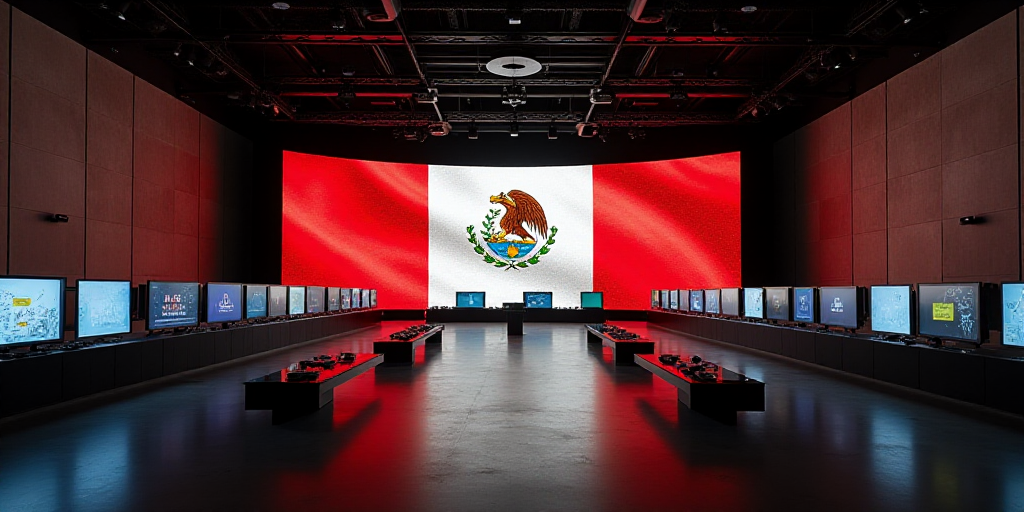Background on the Reform and Key Players
On Monday, members of the Hacienda and Credit Committee in Mexico’s lower house approved a revised version of the Customs Law reform proposed by Claudia Sheinbaum, Mexico City’s mayor. The reform aims to strengthen sanctions and expand the responsibilities of customs agents.
The approval came with 31 votes in favor from Morena, the Party of Work (PT), and the Green Party, while 12 members from the PAN, PRI, and Movimiento Ciudadano (MC) voted against it. The revised dictamen will now proceed to the lower house’s plenary session for further analysis, discussion, and voting.
Who is Claudia Sheinbaum?
Claudia Sheinbaum is a prominent Mexican politician and scientist, currently serving as the Mayor of Mexico City. A member of the Morena party, she succeeded Marcelo Ebrard in 2018. As a mayor, Sheinbaum has focused on improving public services, transportation, and environmental policies in Mexico City. Her proposed Customs Law reform is part of her broader efforts to modernize and streamline government operations.
Key Changes in the Revised Customs Law
The Hacienda and Credit Committee approved five amendments to the original proposal by the executive branch, which, according to Carol Antonio Altamirano (Morena), the committee’s president, “enrich and improve” the initiative.
One Significant Change: 20-Year Licenses for Customs Agents
Among the changes, one notable modification is extending the duration of customs agents’ licenses from an unspecified period to 20 years. This extension aims to provide stability and long-term planning for customs agents, fostering a more professional and reliable workforce.
Political Landscape and Voting
The approval of the reformed Customs Law dictamen reflects the current political climate in Mexico, with Morena, PT, and Green Party members demonstrating their majority in the Hacienda and Credit Committee. Meanwhile, PAN, PRI, and MC members voiced their opposition, highlighting potential concerns about the reform’s implications.
Next Steps and Impact
With the committee’s approval, the revised Customs Law dictamen will now be presented to the lower house’s plenary session for further examination. If passed, this reform will likely have significant effects on Mexico’s customs operations, enhancing accountability and potentially improving the efficiency of customs procedures.
Key Questions and Answers
- What is the main goal of the Customs Law reform? The primary objective of this reform is to strengthen sanctions and expand the responsibilities of customs agents, aiming for more efficient and reliable customs operations.
- Who proposed the Customs Law reform? The initial proposal came from Claudia Sheinbaum, Mexico City’s mayor and a member of the Morena party.
- What changes were made to the original proposal? Five amendments were introduced, including extending customs agents’ licenses to 20 years.
- How was the reformed dictamen approved? The revised Customs Law dictamen was approved by 31 votes in favor from Morena, PT, and Green Party members, while PAN, PRI, and MC members voted against it.
- What are the potential impacts of this reform? If passed, the reform could lead to more accountable and efficient customs operations in Mexico.






